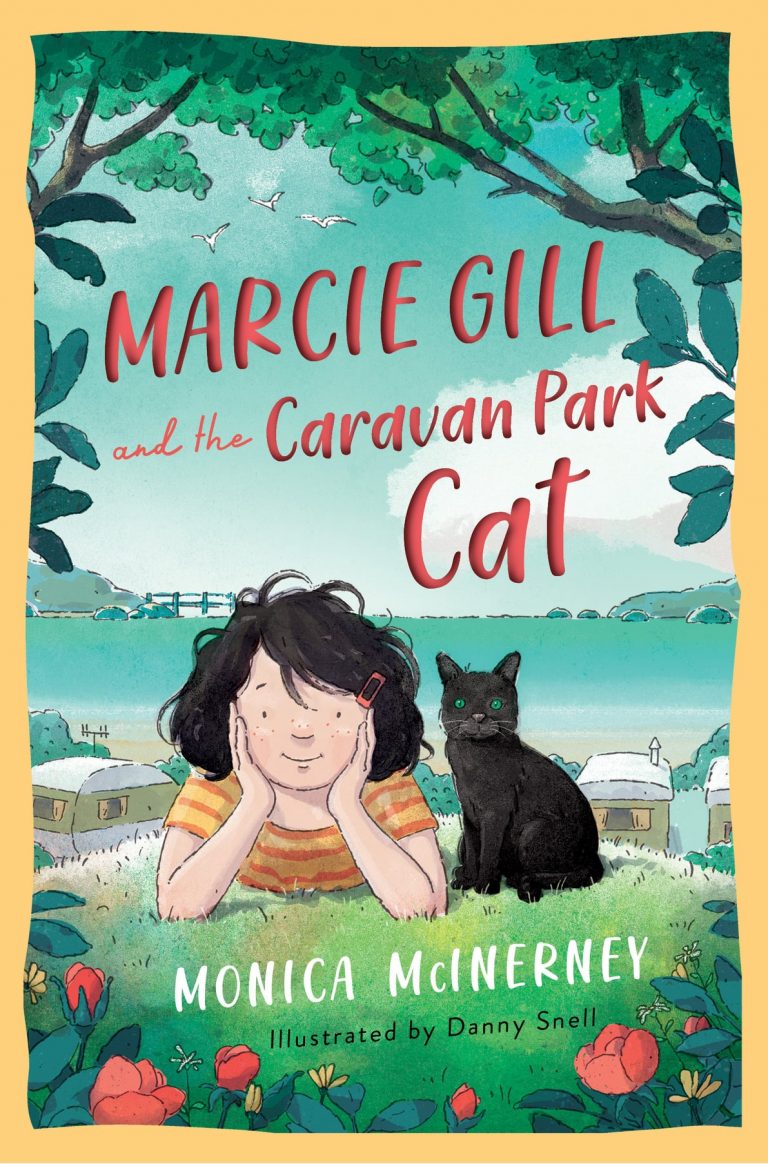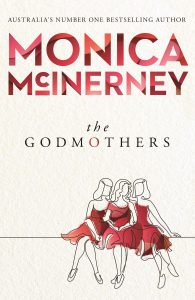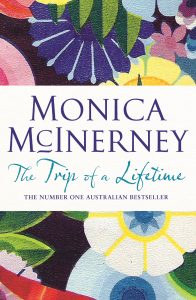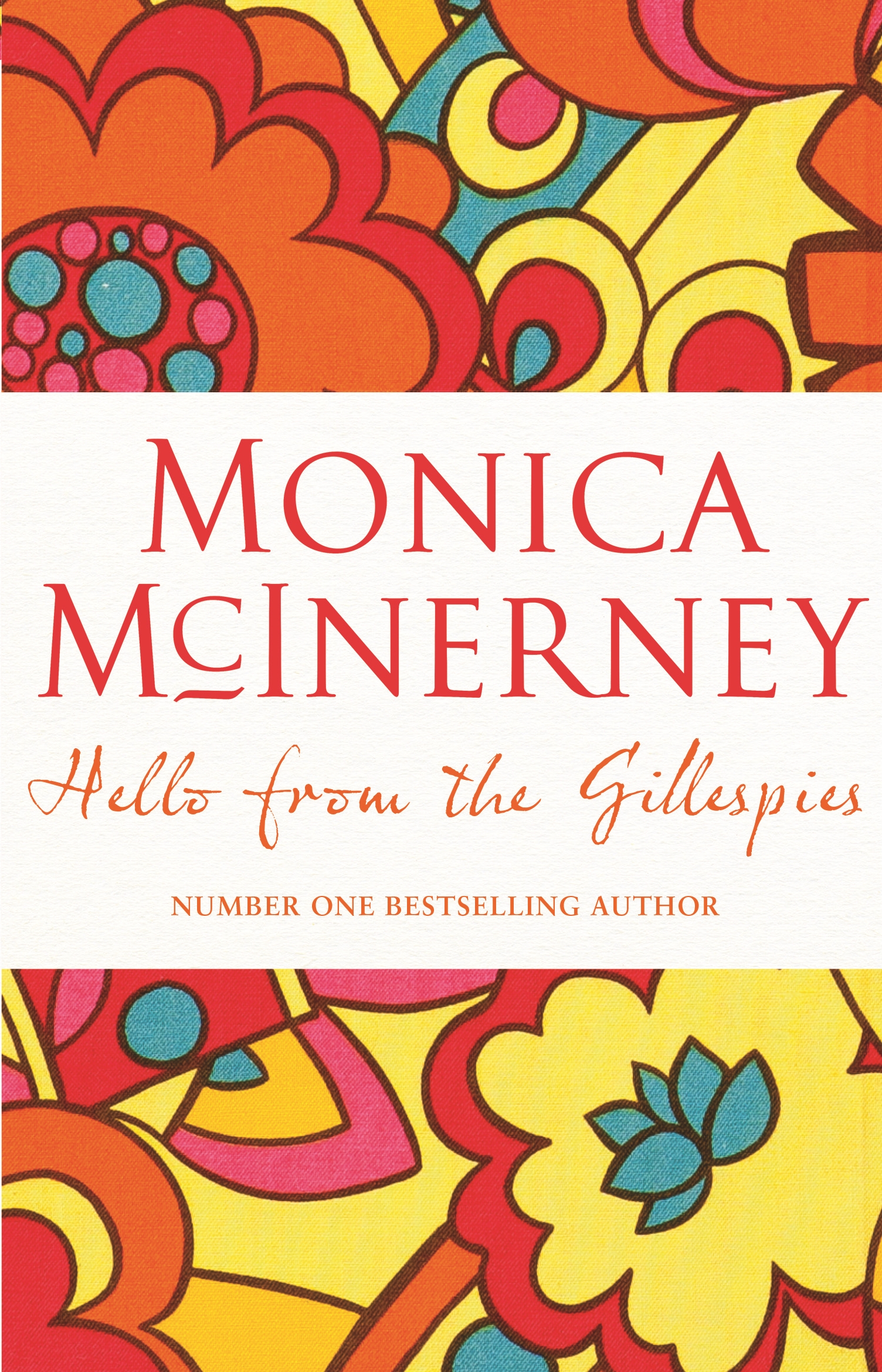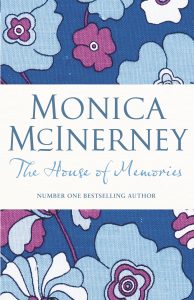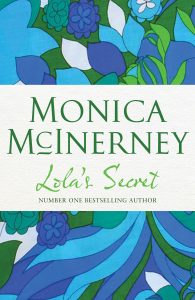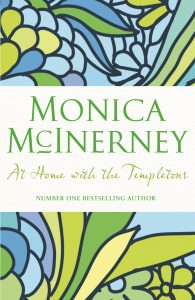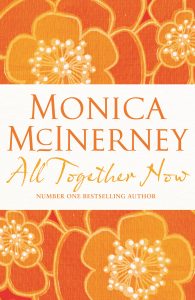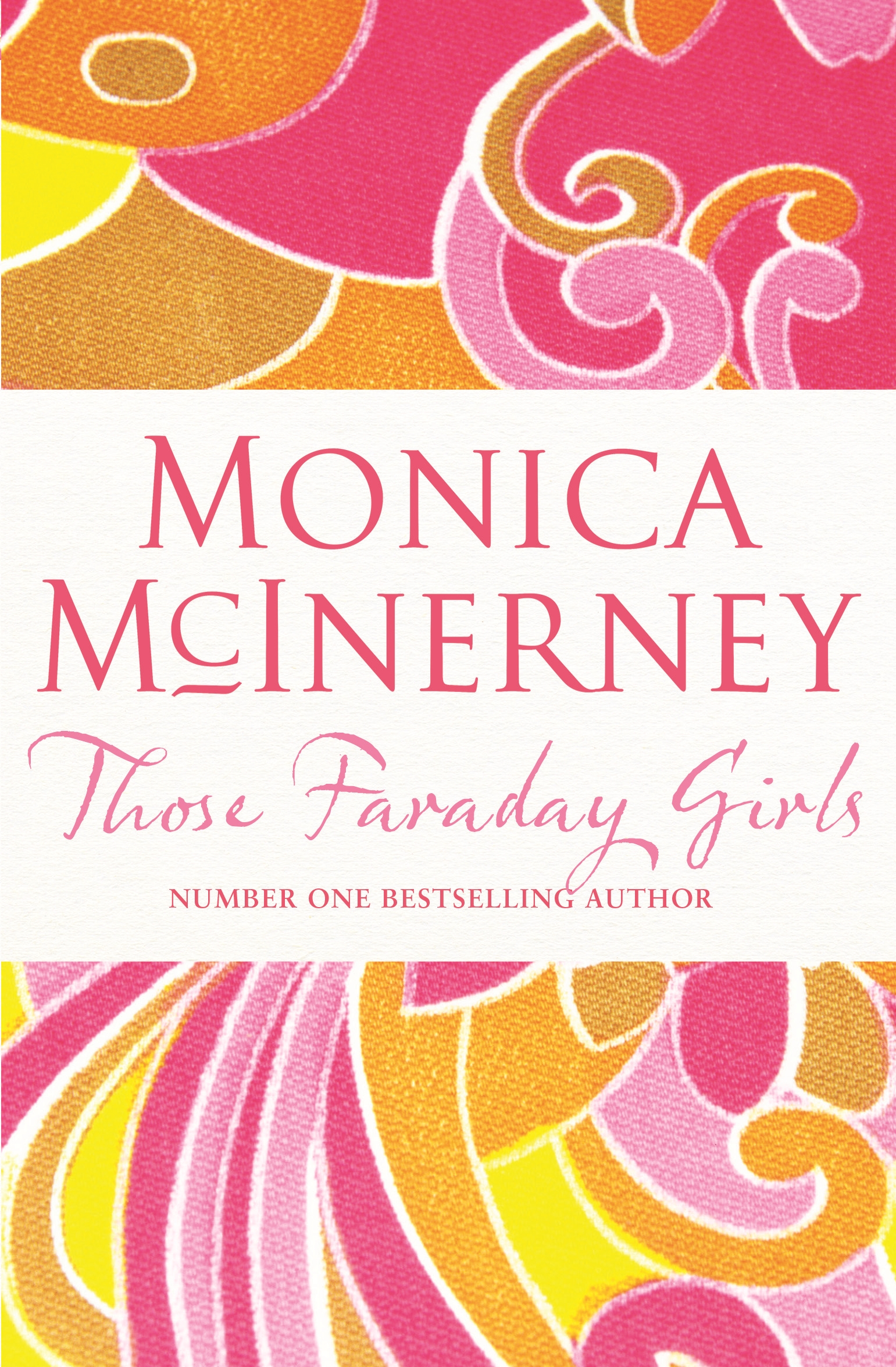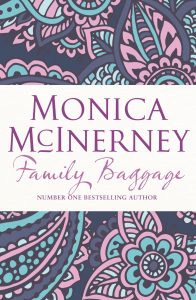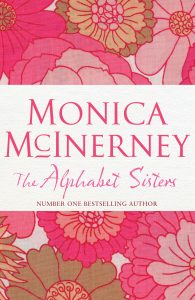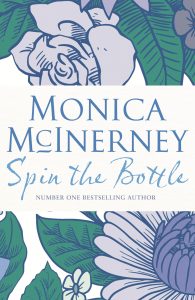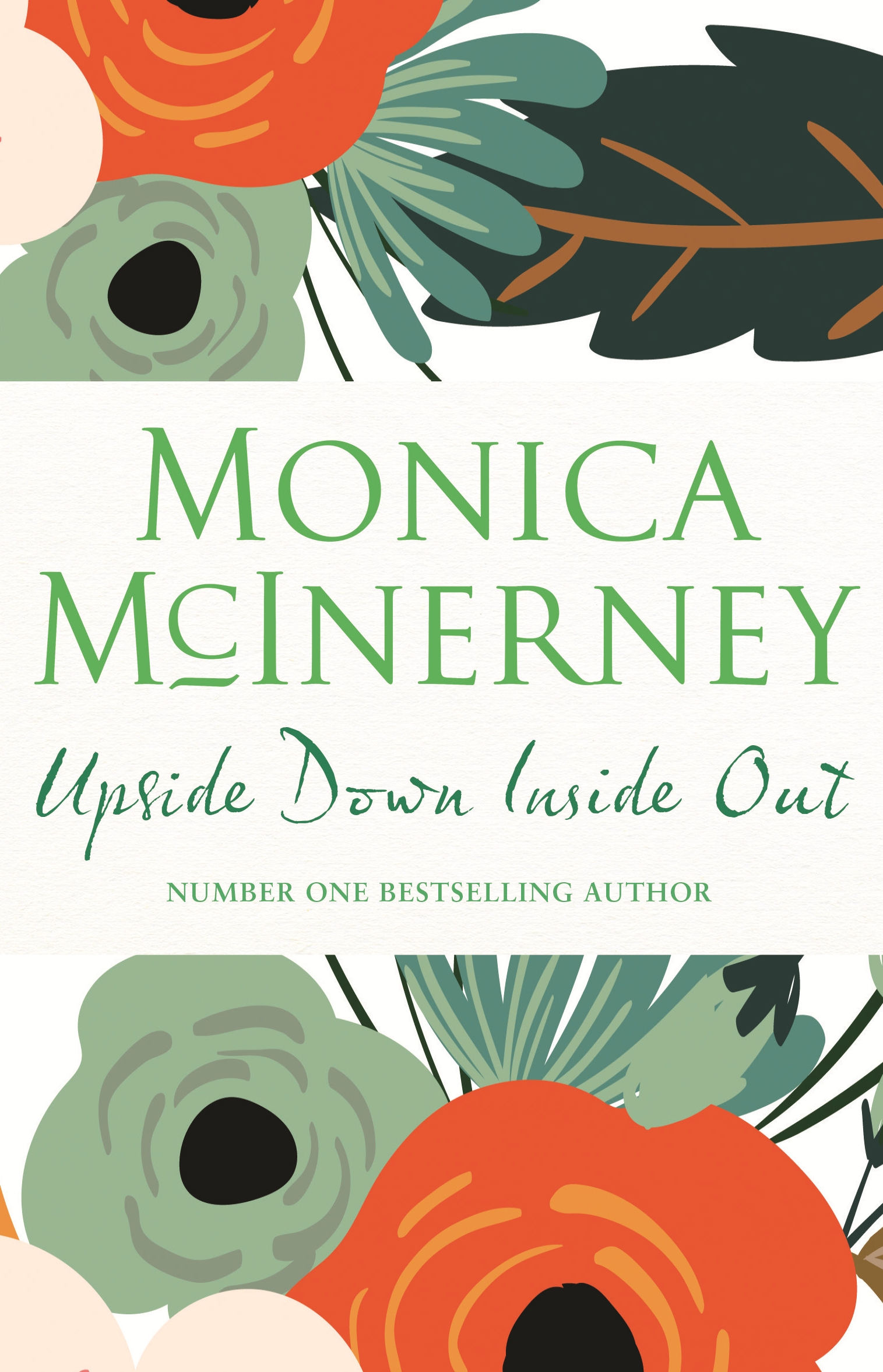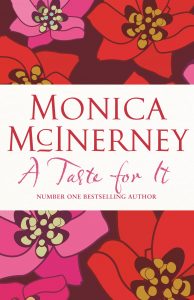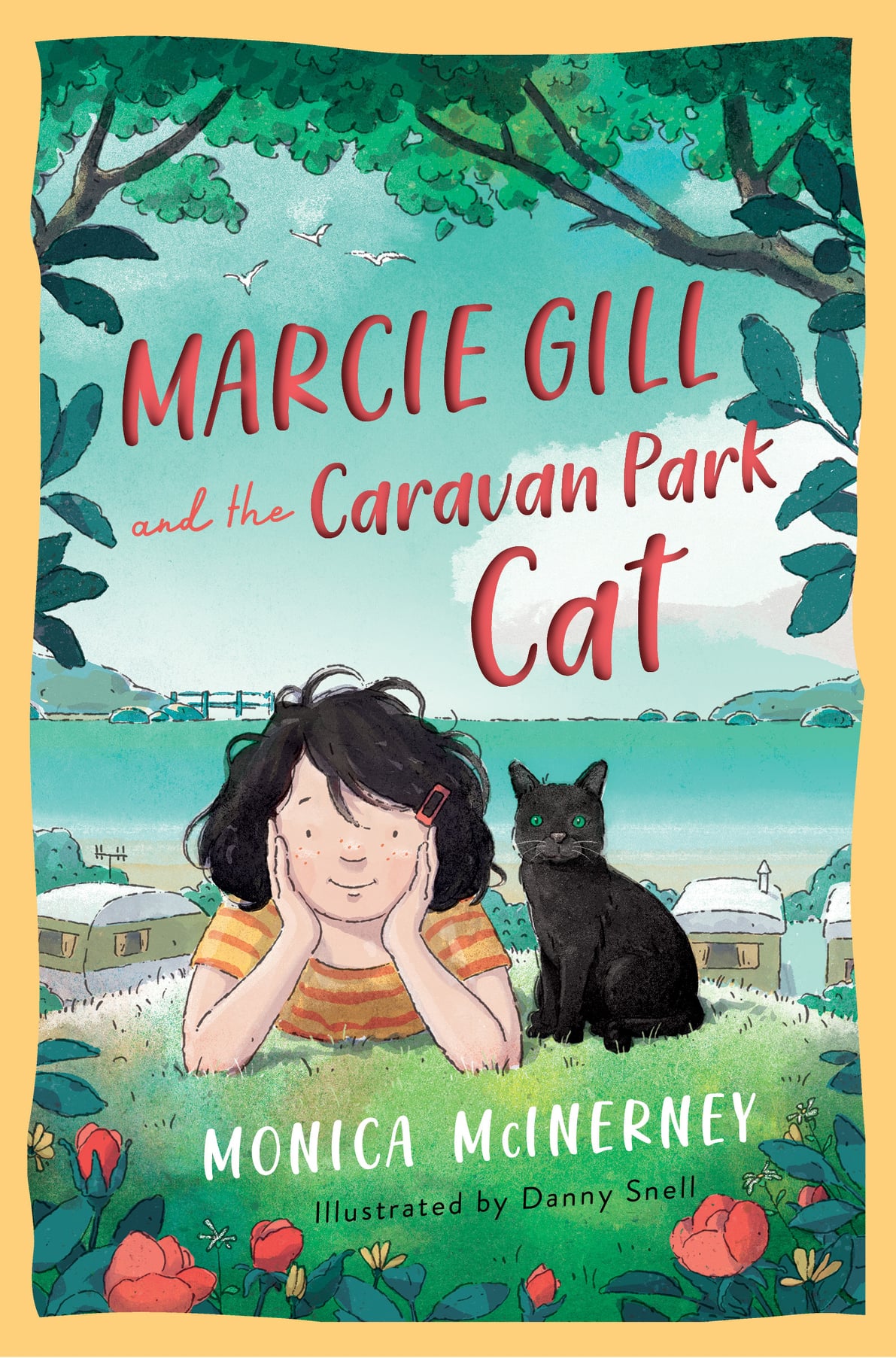An Interview With Gay Lynch
In the last few days of September, bestselling Irish-Australian author Monica McInerney is holed up at her mother’s Adelaide home, ready to launch her thirteenth novel The Godmothers. Despite back-to-back interviews on the eve of the book’s release, she is patient with Zoom technology during our conversation. She grants that for decades, she has been privileged in moving fluidly between two countries, and holds no self-pity in her present restriction:
I read about the terrible situation of people in detention centres in Ireland and Australia and I will never take for granted how easy it is for me to move with two passports.
While admitting the absence of an Irish childhood and an Irish accent – although I hear some of its cadence in her dialogue – McInerny was raised in a large Irish-descended Catholic family in the Clare Valley in South Australia. She has developed a great love for Ireland, for the beauty of its landscape, especially in the west where she experiences mysterious resonances, but also for Irish people’s passion for self-reflection.
When she first visited Ireland, she was not long out of her teens, and her view of it was romantic because of her family background, and her love of Irish music – in particular, U2. Then there were the Bailey’s Irish cream ads, as well as all she had read, but the romance was shattered within three days.
It didn’t stop raining, pubs shut in the middle of the day, and every bad thing – hitchhiking, being pickpocketed – that could happen, she says, happened. In addition, the benefits of growing up in the Catholic Church did not blind her to its Irish legacy and the damage it caused.
Her first visit to Ireland coincided with a recession/depression; during the next she experienced the Celtic Tiger boom and bubble. Now she lives close to inner Dublin and has no illusions about its heartbreaking poverty and crime. Ireland is a modern European nation with special features, but in the throes of a battle for change, an enormous and tumultuous time of reassessment.
When things were bleak in Ireland, wordsmiths and humour brought light into people’s lives.
Descended from County Clare people, McInerney understands intergenerational trauma. At the time she first began writing, her father died. Grief, she believes, shapes many of her narratives. Eliza, protagonist of The Godmothers, grieves over the death of her mother and a father she has never known. Affected by loss and a sense of abandonment, she looks to her godmothers to guide her quest for independence and selfhood. Grief, McInerney says, can change shape, and life is full of surprises. She still doesn’t know what she doesn’t know.
Covid has profoundly changed the way writers do business and, indeed, experience family life. Although she speaks online to her Dublin husband every day, 2020 has been tough and their longest period of separation. In November she will return to Ireland after nine months away in Australia.
Intergenerational relationships are one of the strengths of McInerney’s writing, not just within families and extended family, but in connections between people in general. A large birth family, natural empathy, eavesdropping, and deep research into the subjects explored in her books enables her fictional and real-life relationships. She sees her special time locked down in Adelaide with her eighty-one-year-old mother as something to treasure. Watching her own family is key to understanding that individuals ‘show different facets of their personalities to different age groups.’ She sees her mother as ‘more relaxed with her grandchildren than with her own children.’ McInerney defines and creates family in fiction, in the broadest sense by affection, association, and blood, encompassing the contemporary term ‘family of choice.’ Close connections are paramount.
It is easy to infer McInerney’s commitment to positive relationships from her novels, which she describes as comic, family dramas. Whilst many incorporate a marriage plot, narratives frequently travel beyond the ending, and female agency and identity remain key. Even the most inept and fragile characters in her books are expected to solve their own problems, albeit with support from close allies. Most of her characters seek education and employment and, when they veer off-course in life, apply transferable skills, including business and cleaning skills, to restore order in new settings. Even in a weakened state, just by making a start, they experience eventual success.
The books traverse a catalogue of commonplace disasters that would challenge anyone: alcoholism, bullying, crime, loss of a child, mental illness, self-harm, sibling conflict. Swearing on the adage, ‘action cancels dread,’ she reflects that characters in Enid Blyton’s Famous Five series may have influenced her. Ann rolled up her sleeves and cleaned new spaces and George leapt into action to make something happen. McInerney, too, is someone who takes action in a crisis. Her plots follow the same forward momentum.
Her books attract broad readership, partly because they are well-crafted with narrative hooks, rapidly rising and falling tension, light and black humour, and the way they zip through narrative time – across continents, over weddings and Christmases, through decades and generations of characters. Their creator revels in careful plotting and reminds me that I had found a character initially irritating because she had planned it so. Few of her characters prove irredeemable. Some get their comeuppance, she says, others she lets go. Humour grows organically.
Both my parents were quick-witted storytellers. Growing up in a large Irish family in the Clare Valley, nine of us around the kitchen table, there was a lot of fast snip-snap dialogue and the goal was to make others laugh.
Humour can also come from a dark place. Sometimes you can laugh at your greatest fears and they lose their power. In writing troubled scenes, I didn’t want it to be purely serious. It is possible to be playful, and I grasp that in both hands.
Identifying vehemently as feminist ‘to her bones’, McInerney expects her women characters to work through hard psychological impasses to reach their full potential. They seek education and training and will take unfamiliar or unsavoury jobs to pay bills and acquire skills.
I was raised by a lot of strong country women – aunts, mother, sisters. There was never a sense of young women waiting around for a young man to come and set everything right, when they can do something themselves and women help each other.
Apart from historical back stories, sex is fashionably exuberant in McInerney’s novels, initiated and enjoyed by both genders, rather than ‘affected by the laws and strictures of the church.’ Unexpected pregnancies bring trials and quests. As a fan of Sally Rooney, she believes that Normal People (2018) came along at a time when Irish people needed to tap into a dark plot and good sex as respite.
McInerney tips her cap to fantastic publishing in Australia and Ireland. Louise O’Neill is one of the many Irish writers she reads and recommends who tackle dark subjects. Perhaps cross-fertilisation will occur when she shares in Ireland the many Australian books she read while billeted with family in Adelaide.
(first featured at tintean.org.au)
